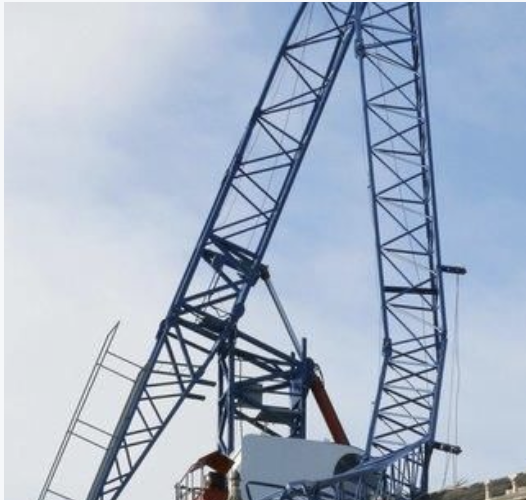Business Interruption Insurance – How long could your business survive a loss of profits?
Your contents and premises will be insured, but what happens if for some reason your business can’t operate for a significant period of time? What if your premises are inaccessible, your equipment is broken, or a catastrophe such as a fire prevents business from being carried out as normal?
Being unable to trade could lead to a variety of problems:
- Profits are lost due to lack of turnover while repairs or relocation is carried out
- Bills such as heating, electricity, rent etc go unpaid
- Staff don’t receive their wages on time
- Costs from moving premises, even temporarily, will be high
Would you be able to cover the costs associated with an interruption in business?
Business Interruption (BI) Insurance is important and provides a safety net should your business fall victim to a fire, burglary of vital equipment, electrical fault, flood, or various other kinds of disruption.
The purpose of a BI policy is to restore the business to the same financial position as if the incident had never occurred.
Recently, there have been a number of high profile BI Insurance cases involving natural disasters, such as the Icelandic ash cloud and the 2004 Indian Ocean tsunami, which highlights how important such cover is to all types of business in all areas.
Case Study – Flood Damage
A large trading estate was badly affected by a heavy flood, and one business, a factory, found their multiple units on the estate contaminated by flood water leaving most of their stock damaged. Not only could staff not work from the premises, but equipment was damaged beyond repair causing an even longer delay.
However, man-made events such as the breakdown of major machinery or essential computer systems crashing can be just as catastrophic.
Case Study – Equipment Damage
In the process of moving premises, a web design company discovered that their main server was badly damaged, meaning the data stored on it was completely inaccessible.
This server contained all of their ongoing work, as well as back catalogues. The loss of data lead to a long delay in producing work for clients, and also prevented the company from taking on any new work while the server was down.
Policies can also include a wide range of features, such as:
- Cover for profits and fixed costs
- Disruption at customers’ premises
- Disruption at suppliers’ premises
- Prevention of access to premises
- Disruption caused by death or infectious disease
Could your business survive through a long period of disruption?
Do you have business continuity mechanisms in place to allow you to operate if something does happen?

